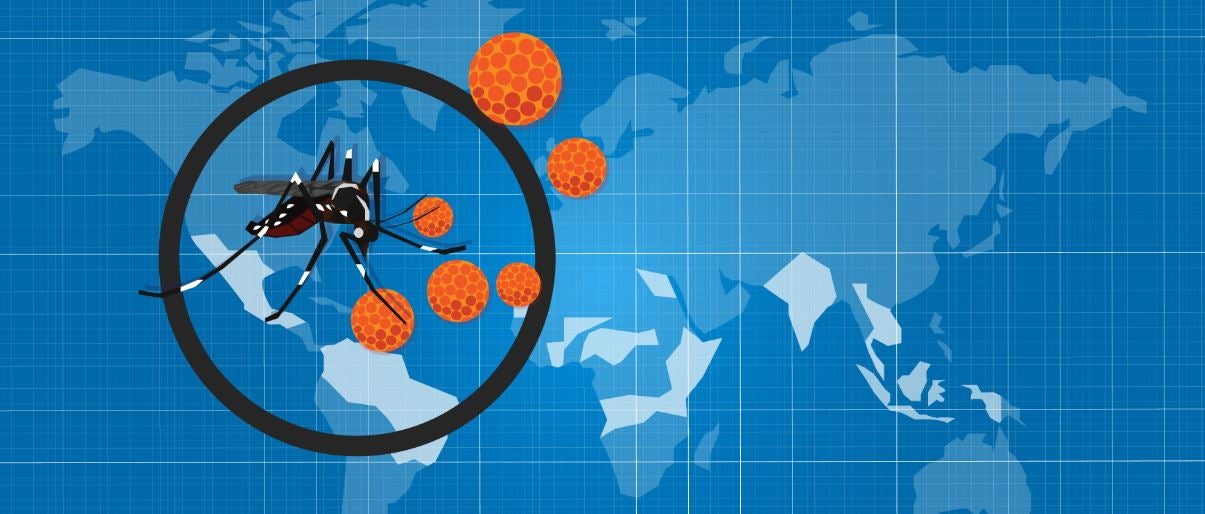In less than a year, the Zika virus has become an international public health emergency, spreading across Latin America and the Caribbean and into the US. In order to combat the spread of Zika and its effects (particularly its effect on pregnant women and related birth defects), the global health community is seeking innovative technologies and new approaches to address this outbreak.
In response, the Consortium for Affordable Medical Technologies (CAMTech) and Global Disaster Response at Massachusetts General Hospital’s Center for Global Health mobilized 200 global health innovators and experts for a Zika Innovation Hack-a-thon in Boston. CAMTech’s ecosystem approach of bringing together different groups of innovators and experts from across the globe provides an open platform to spur innovation and empower a diverse community to take collective action.
The goal of this event was to create new product concepts, design novel personal protective equipment and develop new methods for local vector control that will help address the Zika epidemic and similar outbreaks. In 48 hours, drawing on the expertise, research and health data offered during the event, participants worked around the clock to pitch ideas, form cross-disciplinary teams.
Below we feature the four winning hack-a-thon projects among the 15 innovations that were presented during the event. These help illustrate how open knowledge and collaboration can help generate novel solutions to one of the world’s biggest healthcare challenges.
1 Larva finder
Is an add-on hardware device to a smart phone with a supporting mobile application that detects the presence of specific larvae species in standing water and has geo-tagging capability. This enables the transmission of the data to public health agencies, who can take the necessary action based on the trends in a neighborhood. This project was awarded the most innovative solution prize.

2 LAD (Larvicide Automatic Dispenser)
Is an automatic dispenser that helps ensure adequate larvicide dosing through the use of a water buoy. This project was recognized as the most implementable solution.

3 Relix
It´s a mobile tool that allows users to report high-risk mosquito breeding areas. This project was recognized as one of the innovations that promise the greatest public health impact.

4 Phairies
Another project that was recognized as an innovation that promises great public health impact is Phairies, which is based in gamification. It´s a game that teaches children about mosquito risks and vector control strategies.

Game Illustrations: Julia Davids
A total of $4,000 was awarded to these winning teams. Each team will also receive acceleration support from the CAMTech Innovation Platform. In addition, CAMTech and Grand Challenges Canada, funded by the Government of Canada, recently announced the award nominees of a follow-up opportunity, the Zika Innovation Awards – six prizes of $25,000 (CAD) each that will accelerate the development and commercialization of innovations addressing the Zika public health crisis. The award nominees were announced at the Global Health Security Agenda Private Sector Roundtable, a side event at the World Health Assembly held in Geneva, Switzerland last month. To read more about these winners, click here.
As the threat of infectious disease outbreaks continues to rise, so too does the need for implementable, cost-effective solutions to manage these risks.The Zika Innovation Hack-a-thon allowed members from both the public and private sector to form a rapid response in an open innovation space that encouraged shared knowledge, data and cross-disciplinary collaboration. Together, they took meaningful action to improve health.
Which project did you like best? Include your comments below!
By Elizabeth Bailey, Director, CAMTech, Massachusetts General Hospital’s Center for Global Health.


Leave a Reply